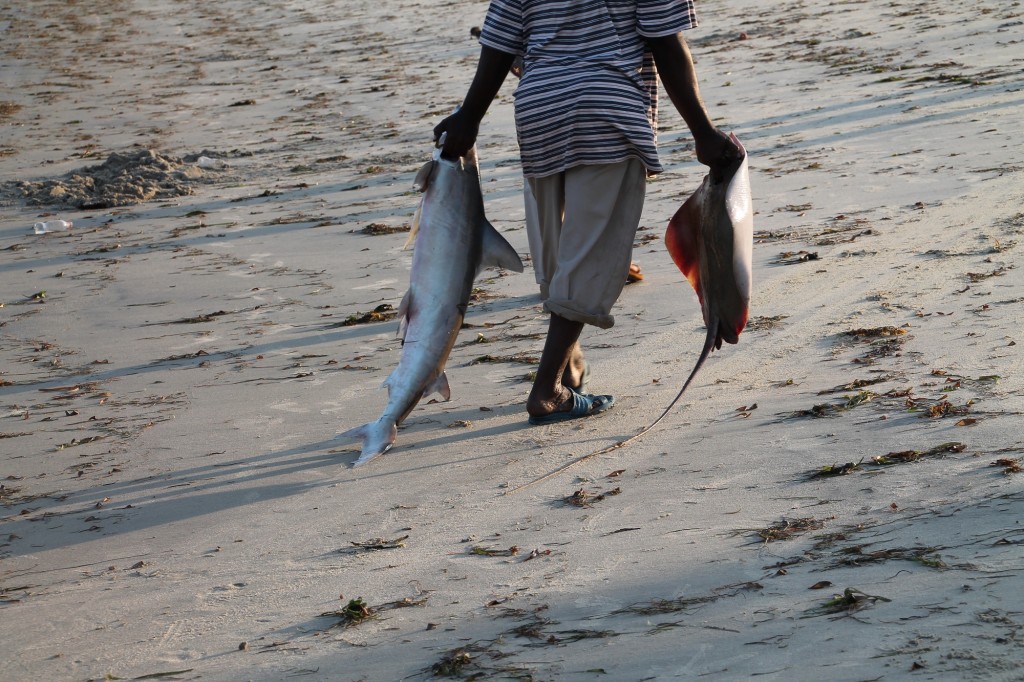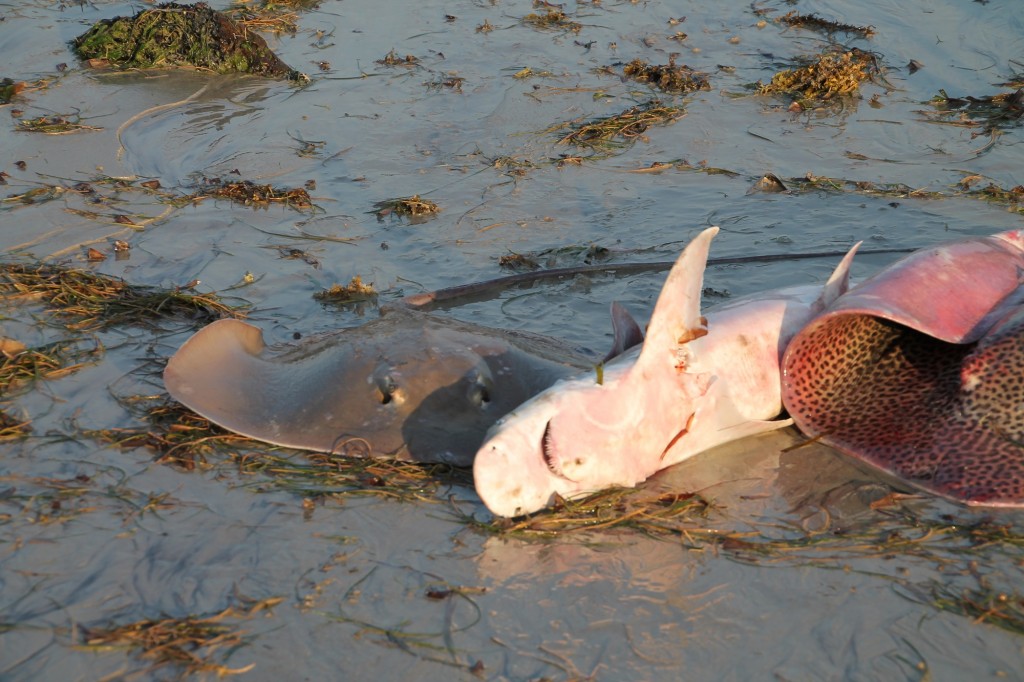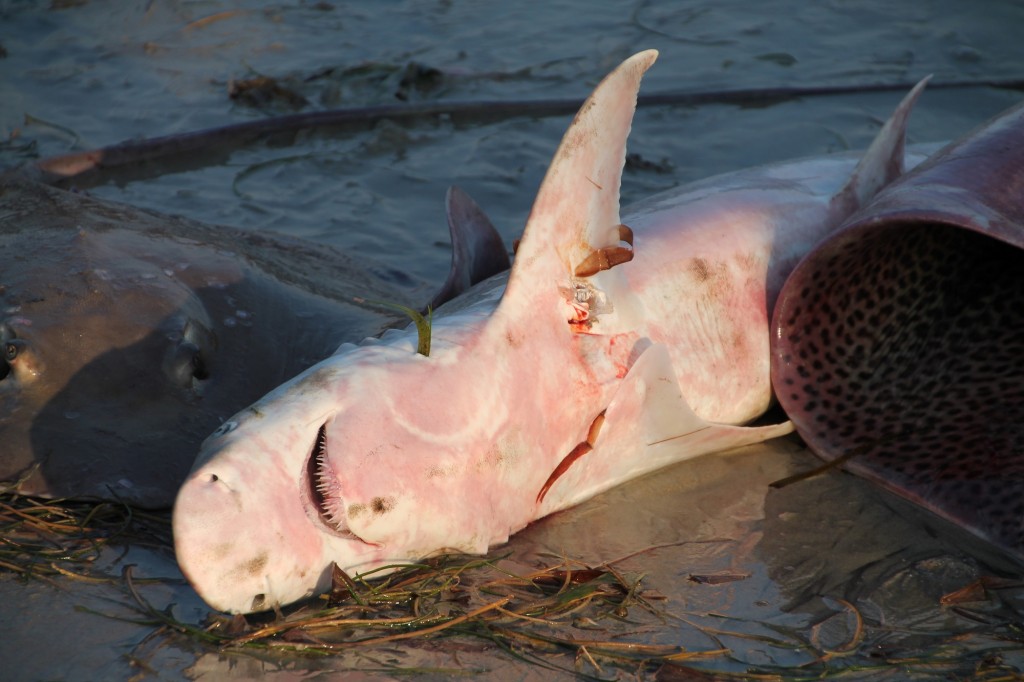In a statistical report about illegal shark killings, about 100 million of these majestic marine animals are killed each year. The study was compiled by the Dalhousie University in Halifax, Canada led by Boris Worm. In his study, it reveals an alarming rate of 6.4 to 7.9 percent of all shark species being killed annually. The report is indeed alarming because it is a number that will lead to the full extinction of sharks if no proper actions will be done to stop the killings.
To explain this number, experts say that in order to remain the shark’s population stable, about 4.9 percent of sharks are only allowed to be killed. The research shows that the percentage of illegal killings is enough to threaten the entire shark specie. Some of the threatened species include oceanic white tip, porbeagle, and species of hammerhead sharks. In addition to these ugly reality, sharks take time to mature thus they take time to breed and produce young threatening their population even more.

The study also showed that shark finning is still the number one culprit of their decline. Shark soups and other shark fin related delicacies are still in demand all over the globe especially in Asia. In fact, it is more in demand than other high class delicacies like caviar. A shark fin soup can fetch up to $100 a bowl. If you want to know more about what shark finning really is and how we can stop it, I wrote an article about it here.
In addition to finning, sharks are also one of the marine animals targeted in sport fishing. Although there are species of sharks which are allowed to be caught, the rate is still very alarming and is believed to cause an imbalance in the marine environment if it no actions will be taken to preserve the species.
Boris Worm added that the 100 million sharks killed annually is a conservative estimate, his team believes that the number could reach up to 273 million. Even with the number conservative approach, Boris still believes that the number could really damage the shark specie and the ecosystem.

Currently, there are countries which have banned the harvest of sharks as well as halting known shark delicacies to preserve the specie. The Conference on International Trade of Endangered Species (CITES) held last year in Bangkok, Thailand, began with a meeting which addressed the calls to combat overfishing and other wildlife crime. One of their agenda tackled the excessive fishing of sharks which experts believe could endanger the balance of marine life. Delegates are looking to upgrade the regulations to place Oceanic whitetip, hammerhead, and Portbeagle under Appendix II of CITES. The Appendix II lists down species which are not totally threatened with extinction but will become so if control in trade is unavailable. The meeting ended with 92 votes upgrading Oceanic whitetip to Appendix II of CITES.







